Business industry leaders in California have said that they will lose profits if the state successfully goes through with eliminating or prohibiting self-checkout options at stores.
The California Senate has already created a bill that will either limit, or completely eliminate, self-checkout machines in the state at all grocery or retail stores.
Getting Rid of Self-Checkout Machines
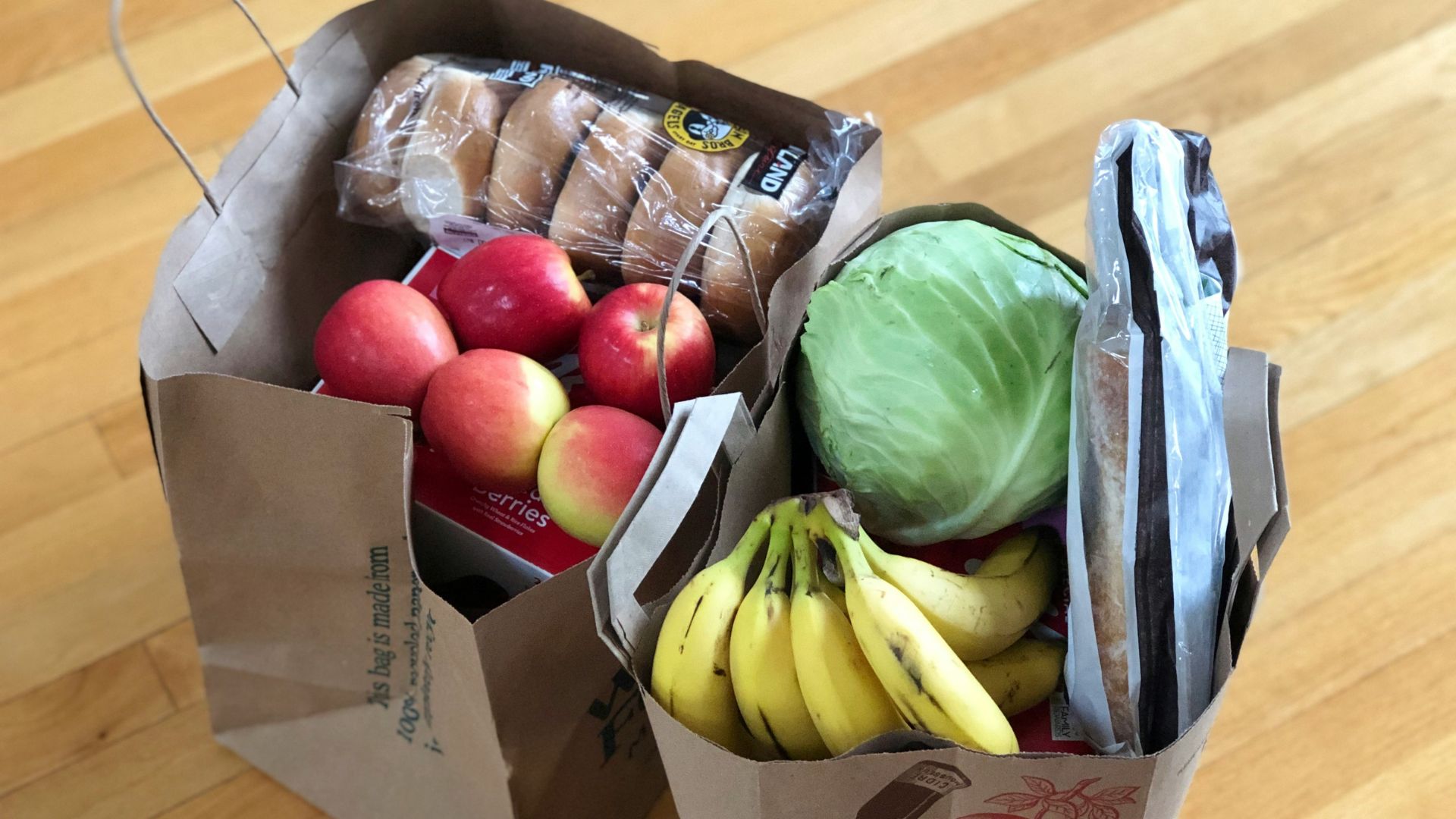
California has pushed Senate Bill 1446, which will eliminate or restrict the use of self-checkout machines in stores around the Golden State.
The bill was created in an effort to eliminate or reduce theft seen in stores throughout California. However, industry experts have claimed that the bill will instead reduce profits for businesses, especially as many business owners will have to spend more money if this bill is passed.
Restrictions on Self-Checkout
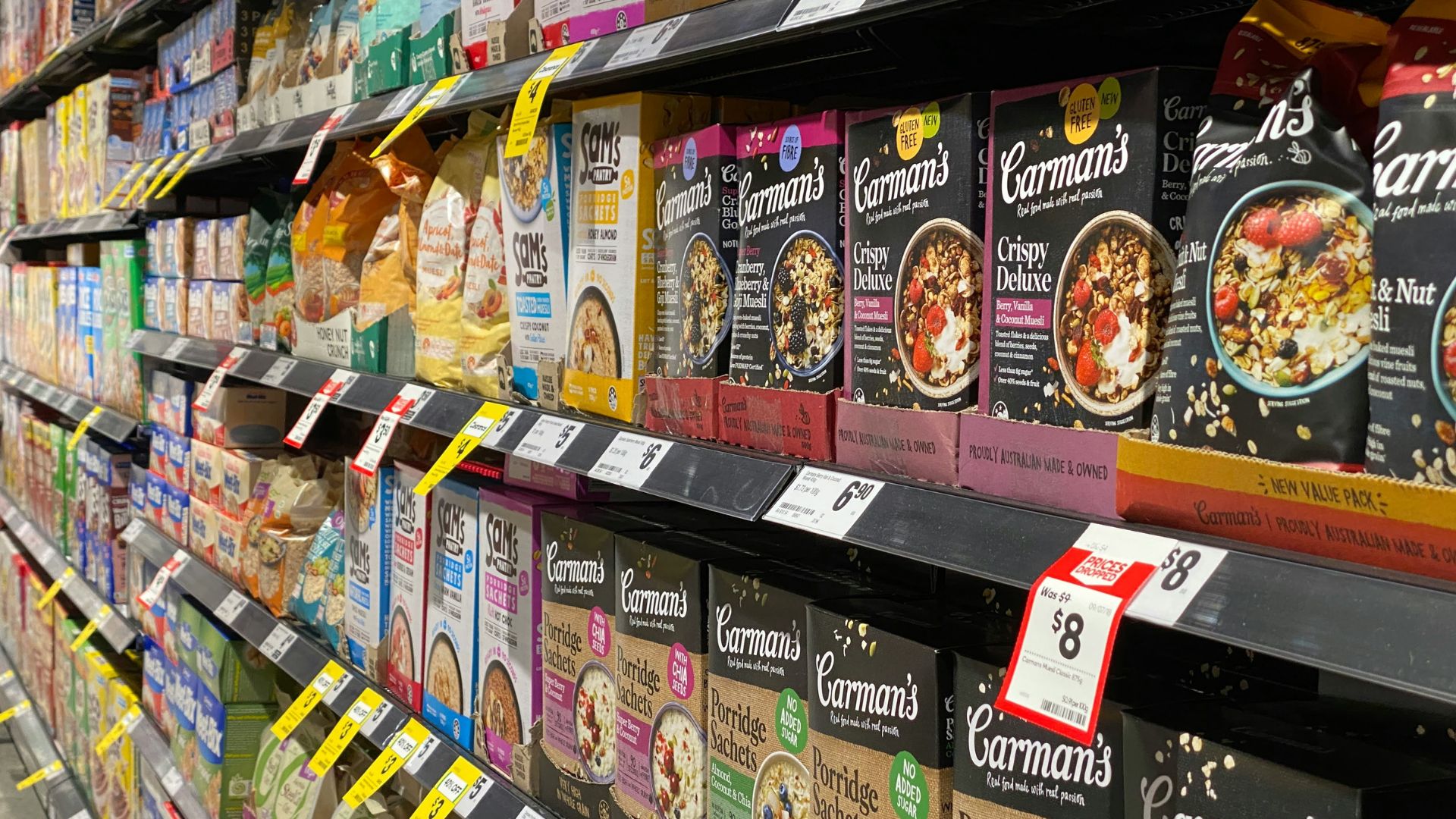
This bill restricts the use of self-checkout kiosks in California for grocery or retail stores. If passed, it will prohibit the use of these machines unless certain guidelines are met.
For example, the bill says that one employee can only oversee two self-checkout stations — no more than two. This employee must also not have any other duties while overseeing these machines.
Hiring More Cashiers
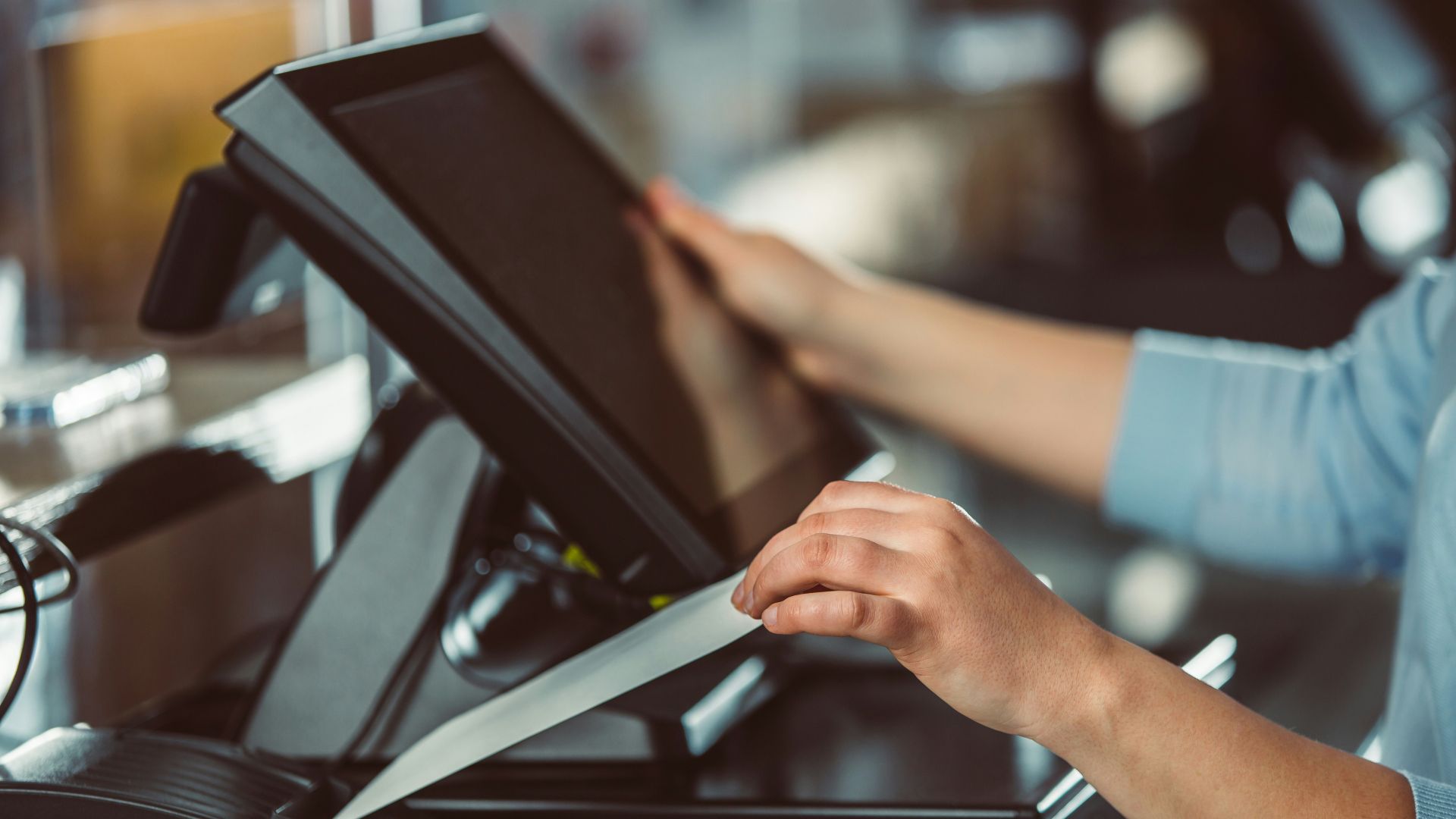
An analysis of this bill also concluded that more cashiers and employees would have to be hired at stores around the state.
In total, estimations have stated that at least 10,000 new cashiers will have to be hired to either oversee these self-checkout machines, or take the place of the kiosks and act as a regular cashier.
Higher Costs for Businesses
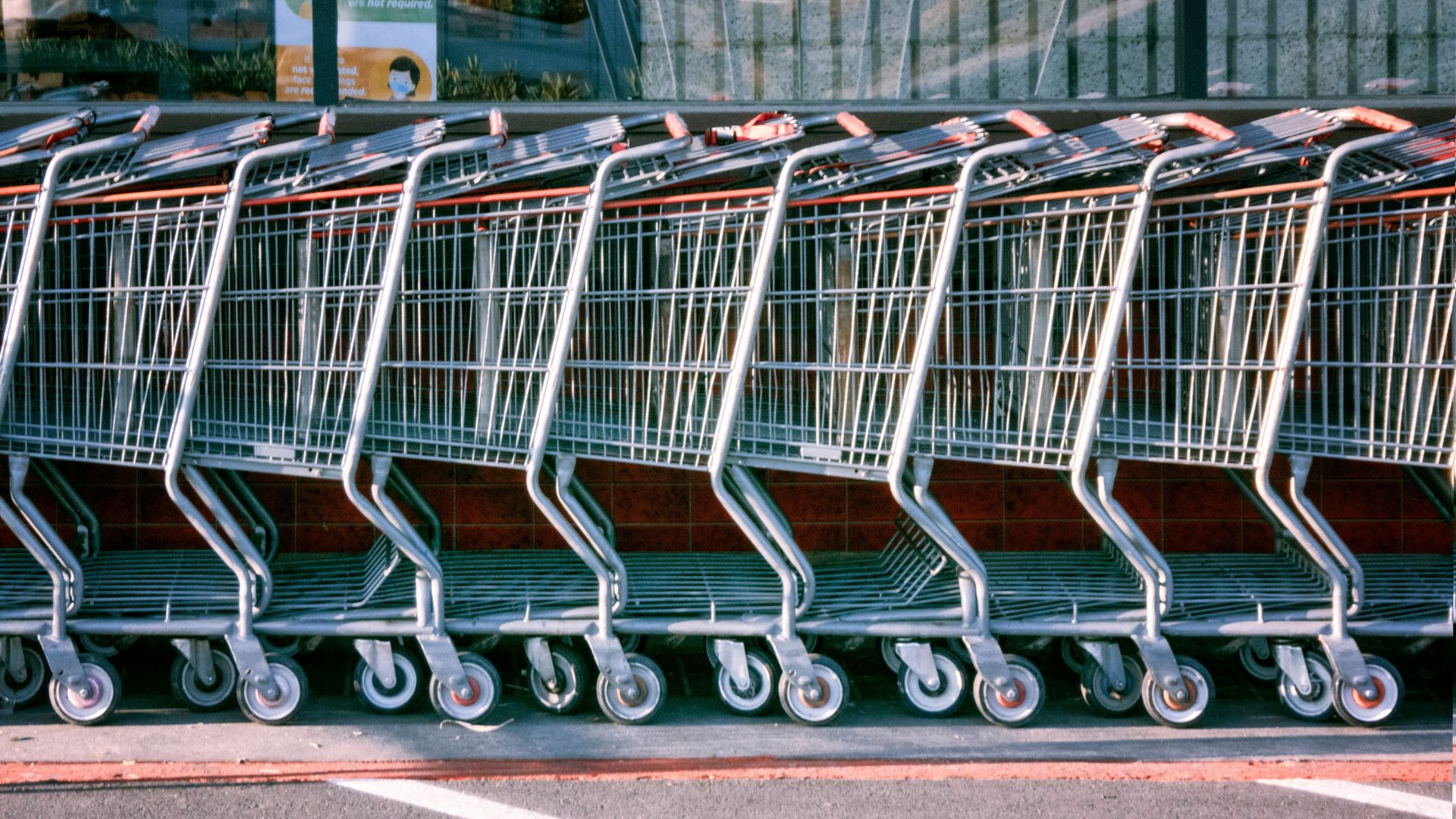
Now, industry leaders have come out to blast this California Senate bill, as they’ve claimed that this bill, if passed, will lead to higher costs and less profits for many business owners.
If these 10,000 new cashiers are hired after the bill’s passing, this could cost at least $497.1 million in additional costs being spent by grocery stores every year, according to an Encina Advisors, LLC analysis.
Passing Costs Onto Consumers
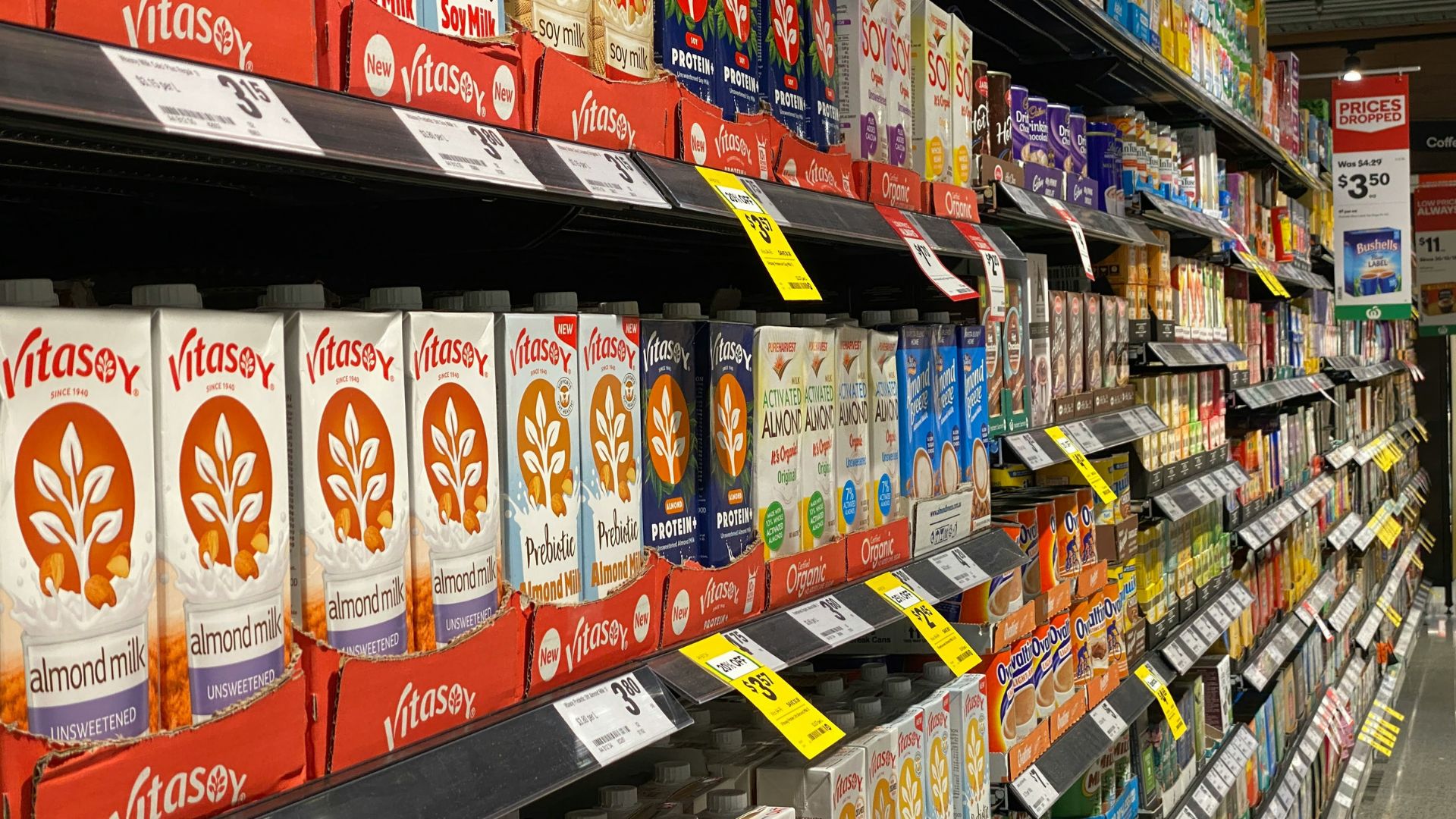
David Wilkinson, the CEO of NCR Voyix and a member of the National Retail Federation board of directors, has also come out to explain that customers will be majorly affected by this bill.
Wilkinson stated that this will frustrate customers, as it will “lead to higher operational costs that will be passed to consumers.”
Cashiers as Security Guards
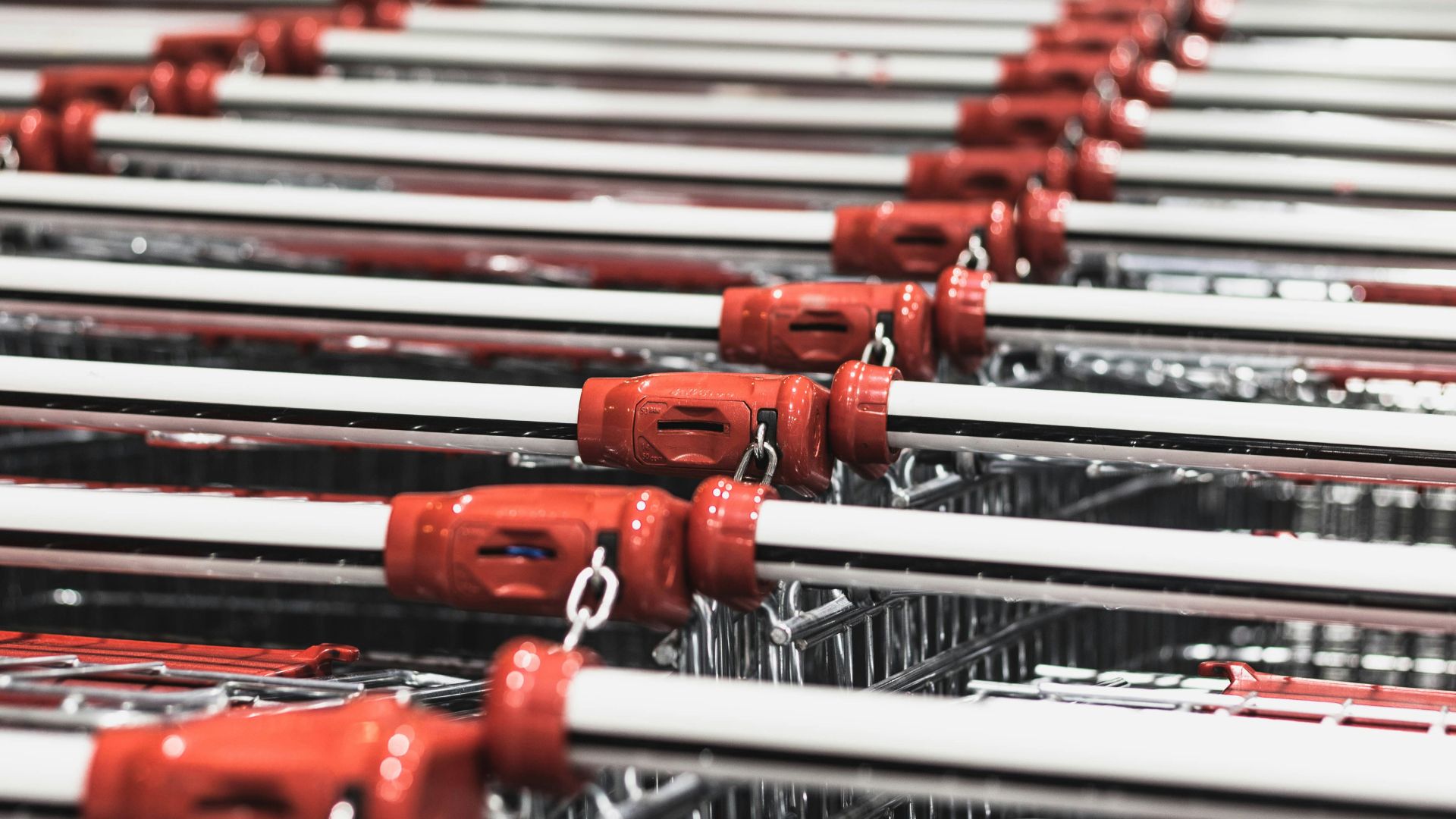
Many analysts and business leaders, such as Wilkinson, have also worried that this bill could encourage cashiers overseeing self-checkout machines to act as security guards.
This could have unintended — and perhaps even dangerous — repercussions for these cashiers who aren’t trained in this manner.
Letting Businesses Decide How to Deal With Theft

Other business leaders have explained that they feel business owners themselves should figure out how to deal with theft — especially as this does remain an issue for many.
Ryan Young, a senior economist at the Competitive Enterprise Institute, said, “Self-checkout lanes can save on labor costs, but increased theft is one of the tradeoffs. Companies can decide for themselves whether that tradeoff is worth it. The answer will vary from business to business. They do not need California’s state Senate deciding for them.”
How to Stop Shoplifting
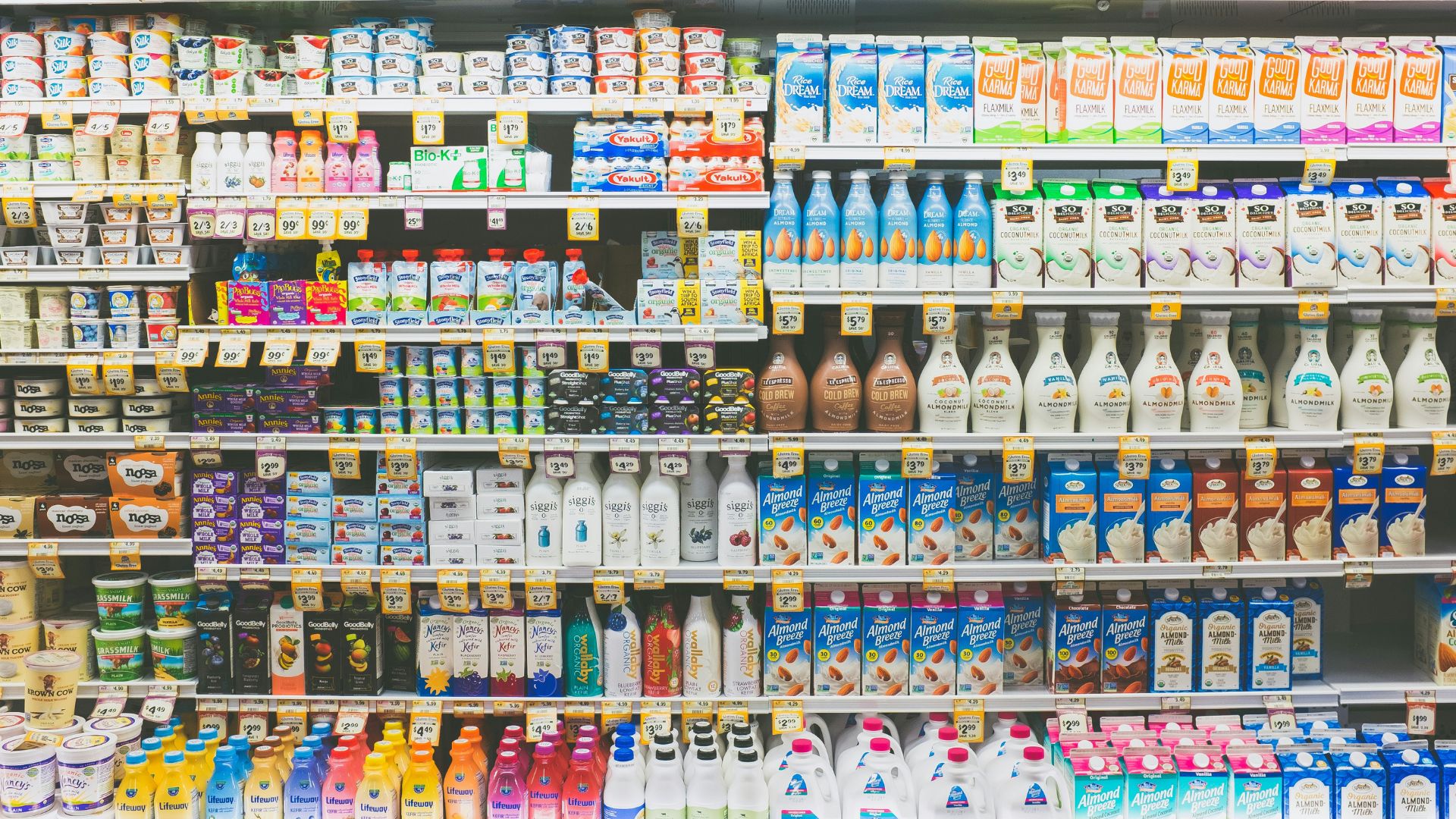
Shoplifting has remained an ongoing issue in many stores, including those in California. This Senate bill is attempting to help stop theft. However, Wilkinson has stated that businesses should figure it out for themselves — and by “embracing tech.”
He stated, “Fighting theft is a multi-faceted societal issue. It takes partnership with policymakers, businesses, and tech working together to curb crime which will ultimately help businesses.”
Other Ways the Government Can Help
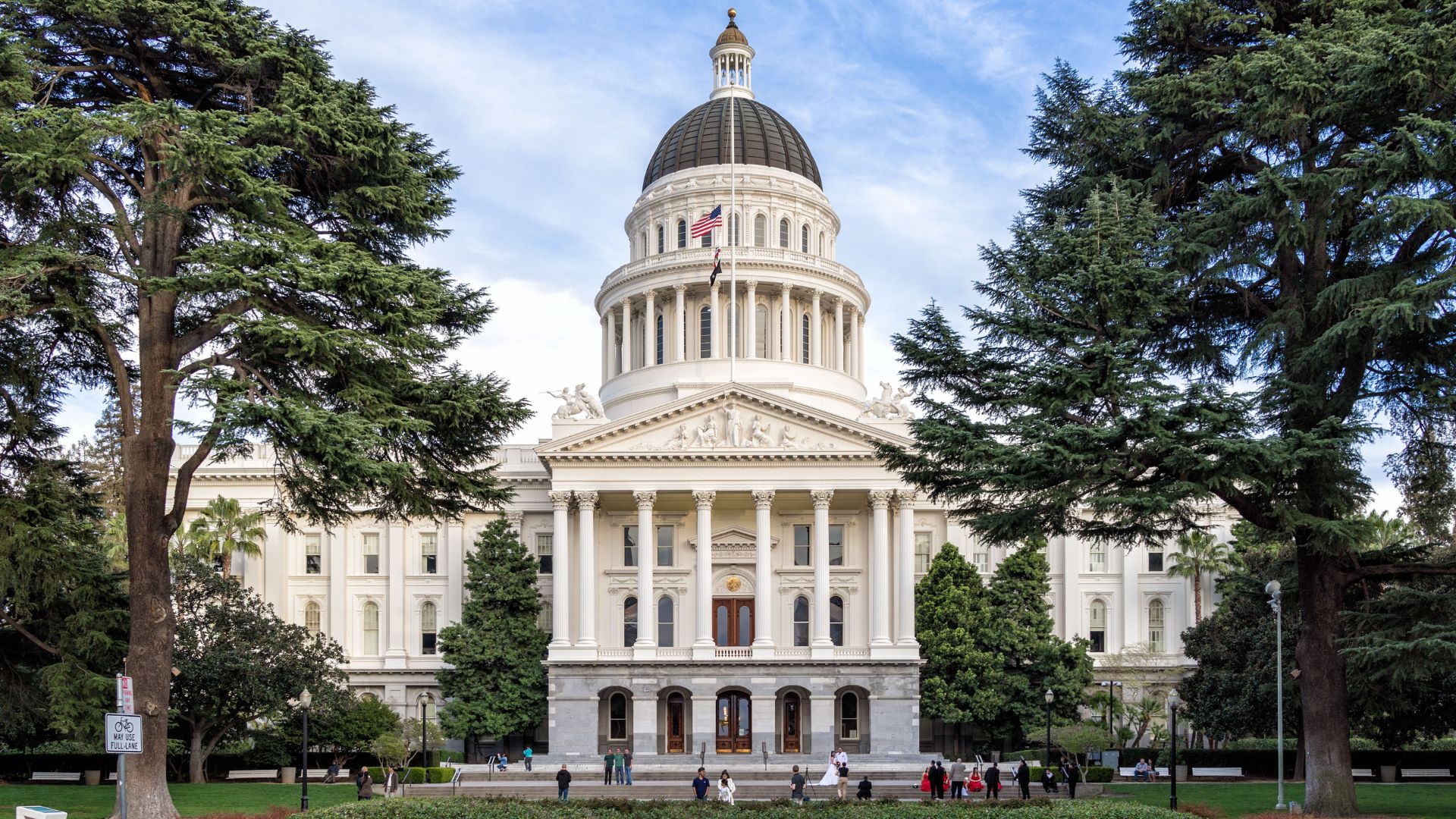
Industry leaders are fighting back against this possible California bill, especially as they feel it can hinder overall profits. However, they have claimed that the government can help stop theft in another way.
R Street Institute’s western region director Steven Greenhut has explained that the “state and local governments could help by actually prosecuting people who steal stuff, but stores are perfectly capable of reducing their own shrinkage problem.”
Many Businesses Are Turning Away From Self Checkout Kiosks
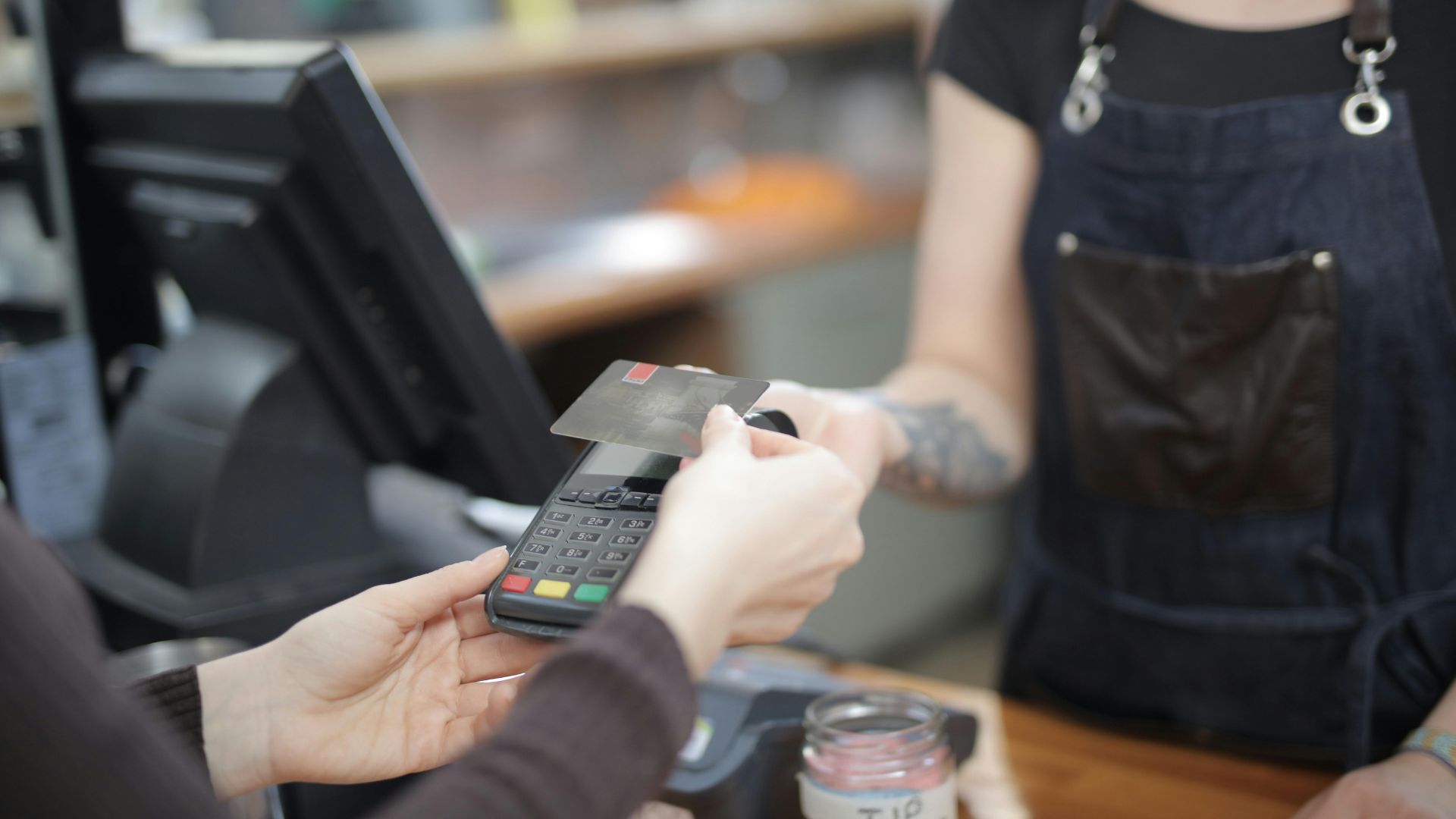
The California government isn’t the only one looking to eliminate self-checkout options from stores. Many businesses themselves have already made this decision.
Various stores have realized that they cannot easily combat theft when they rely on having self-checkout machines, as this seems to make shoplifting much easier. Therefore, retail and grocery stores have been pulling back from self-checkout options.
Reverting to Regular Cashiers
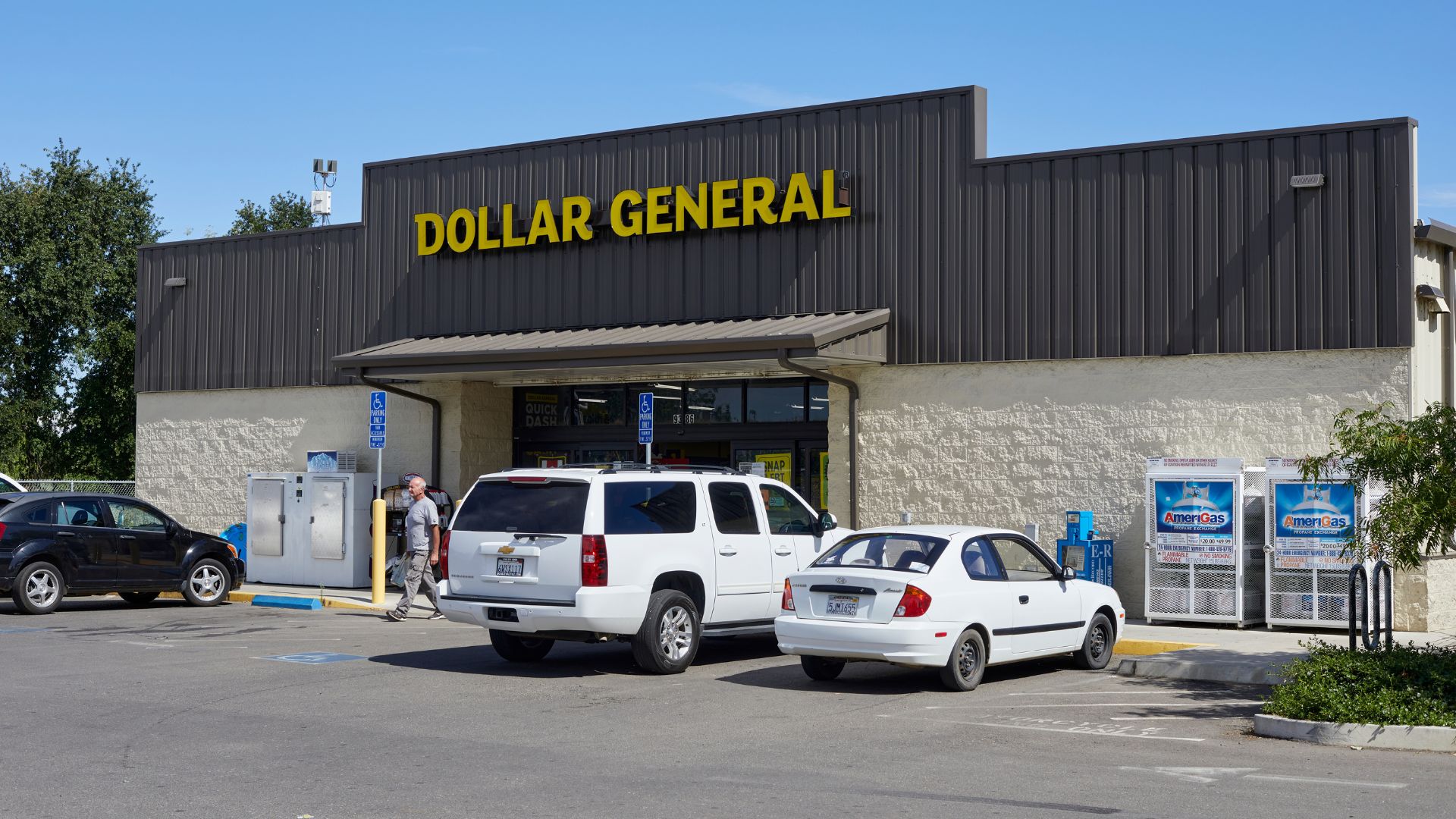
Dollar General is one great example. Not too long ago, Dollar General was investing in self-checkout options.
Now, however, the company has started to crack down on an increase in retail theft. It has reverted at least 12,000 stores back to using regular cashiers, rather than relying on self-checkout machines.
